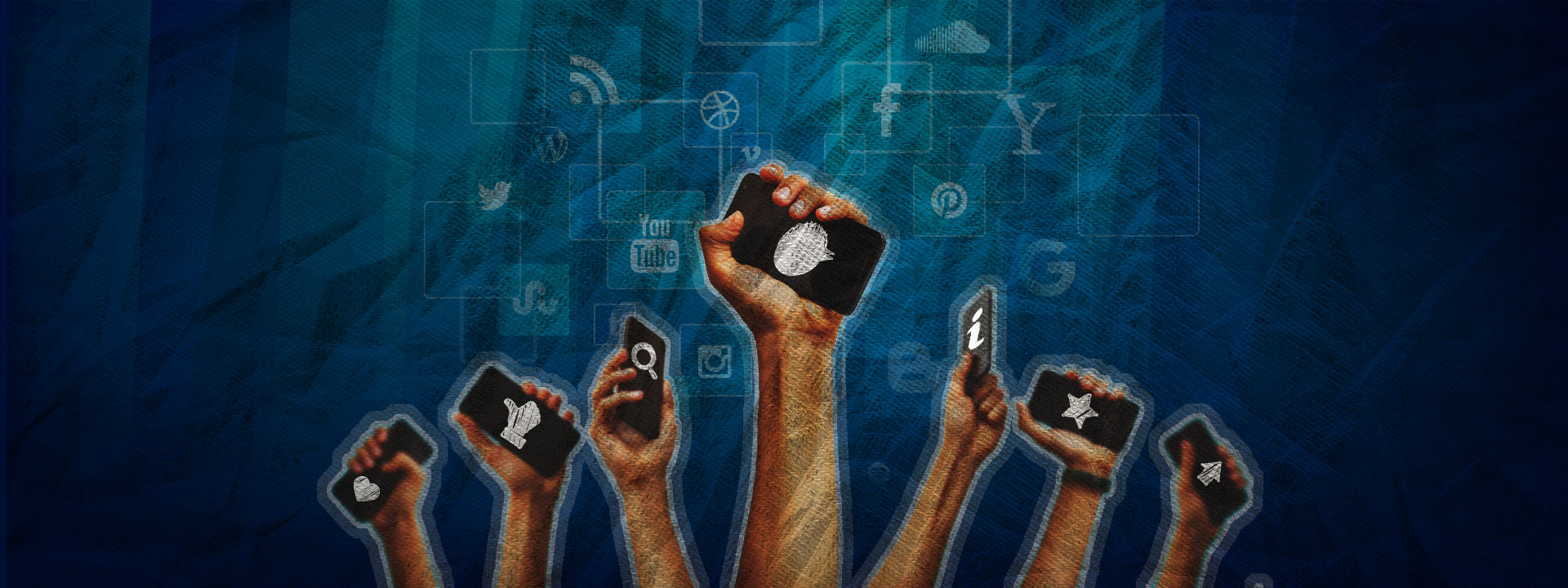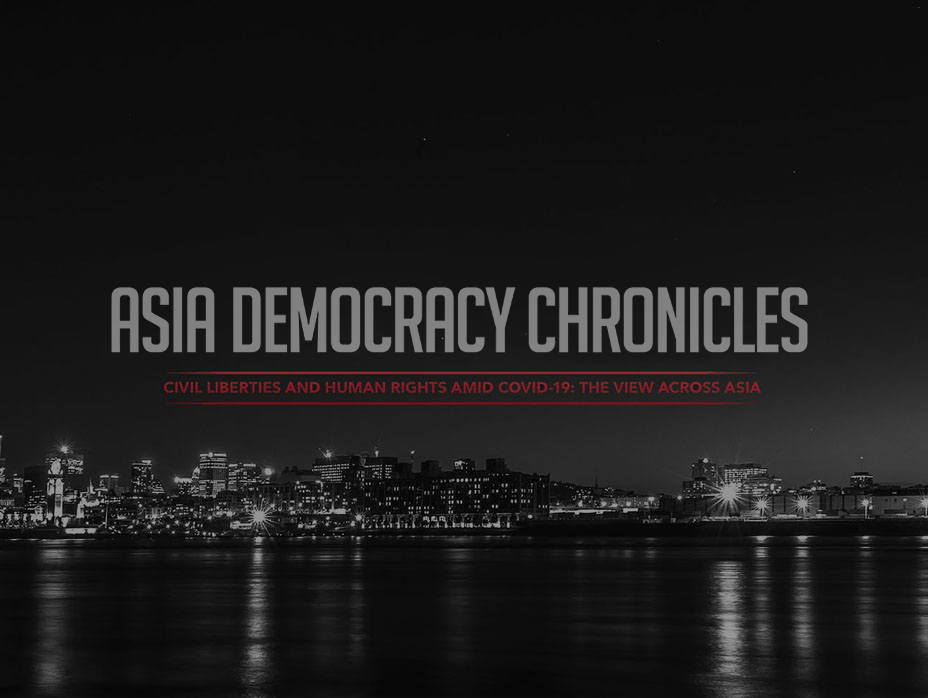The relationship between Pakistan’s mainstream media and the country’s social justice movements has never been an easy one, with patriarchal attitudes and vested interests often clouding coverage of the latter. Media reports on the country’s annual Aurat March — held in March during International Women’s Day — for instance usually consists of distorted narratives. These had prompted the organizers this year to impose certain checks and balances for media coverage of the event, but doctored videos of the March spread through social media anyway. Worse, the mainstream media amplified the videos’ false messages, and prominent journalists associated with mainstream media outlets even started hate campaigns online. As a result, the organizers of the march received death threats, along with threats of legal action.
Yet as marginalized communities — which include women — find their voices increasingly stifled in mainstream media discourse in Pakistan, free and independent media founded by locals are now encouraging them to speak up online. For example, while most mainstream media outlets were relying on victim-blaming and playing into cultural taboos around harassment, Behenchara Magazine interviewed Meesha Shafi, a Pakistani pop singer who two years ago accused actor and fellow singer Ali Zafar of harassing her.
Shafi is fighting a defamation case and a court-imposed gag order. Her case has come to represent Pakistan’s Me Too movement. But an air of supposed “neutrality” has meant that survivors of sexual assault have been shut out of media narratives — that is, until platforms like Behenchara stepped up and let people speak. One of the magazine’s initial issues even focused on Pakistan’s LGBTQ+ community, from which voices are often suppressed in the mainstream because of the taboos around queer identity and sexuality.
Behenchara came about in 2020 when Misha, a young illustrator, realized the importance of having a space where a community could show up and be together without too many worries. The online publication has since evolved into a feminist safe haven. It is also one of the few independent media platforms in Pakistan that go beyond mainstream news and buck mindsets.
Talking about her responsibility as Behenchara’s founder, Misha, who goes by a single name, says, “Our magazine’s ethos is to do just that, so I don’t think we feel a certain responsibility to do so when it’s inherently our birthright. Smaller publications aren’t guarded by laws and policies the way mainstream media is. They can make their own and that’s the lovely thing about it. You get to run your own constitution, kind of. And that way you can accommodate anyone and anything that the mainstream can’t! So accommodate those that won’t be accommodated by the masses. It is your responsibility to do so.”
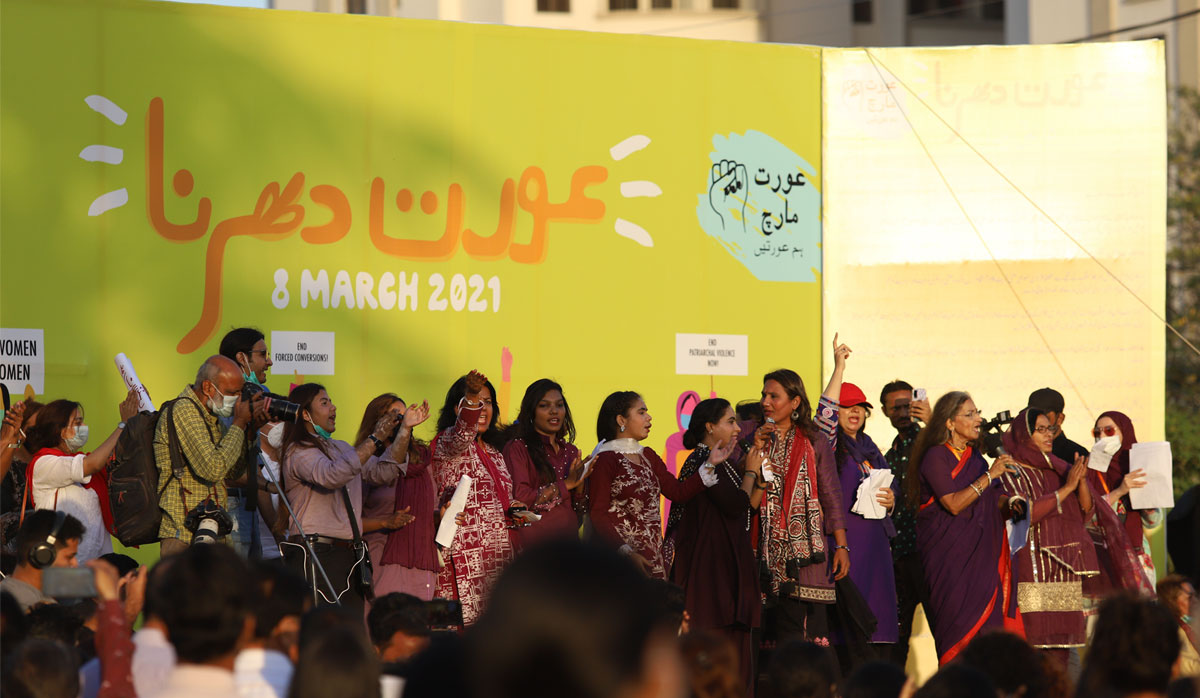
The annual Aurat March on International Women’s Day, held in March, is one movement that receives distorted coverage from mainstream media, prompting the organizers this year to impose certain checks and balances for media coverage of the event.
Freedom and diversity
While censorship and shying away from certain topics — like feminist activism, sexual assault, and other taboos — is the norm in mainstream media, Misha says that there has been no story so far that she has had to stop herself from publishing. “As far as one that I’ve wanted to cover but haven’t been able to, no, none just yet,” she says. “I think things have fallen into place very magically for us!”
Such freedom comes from the fact that independent media are not liable to the same kind of censorship and pressures experienced by mainstream media. Wanting to create a space without that pressure to tailor your views, in fact, is what led me to start Perspective Magazine in 2019 as well. This online platform was aimed at having a space built by community voices. And so while each month’s submissions are tailored around a theme, community members can interpret it in their own way, and they can use any form of media for their submissions.
Similarly, Behenchara runs themed issues that are led solely by a range of diverse submissions where everyone’s story is welcome.
“There is a lot of awareness, if I’m honest,” Misha says. “Everyone’s ‘raising awareness,’ but surely there’s more than just that. We need to look for the next step. Start small, be a medium through which they can speak. Lead the movement with them, not for them.”
The relative freedom independent media enjoy, however, comes with the huge responsibility of ensuring that they do justice to the narratives they put out. Damisha Salim, our Social Media Director at Perspective, notes that the team is very mindful of making sure they get stories out the right way. She says, “Even if it’s a story that we know may be sensitive or get backlash — which some of our stories have received — we’ll always take care to help the writer get it out in a constructive way because we understand that we can get such narratives out and feel it’s our responsibility to do so.”
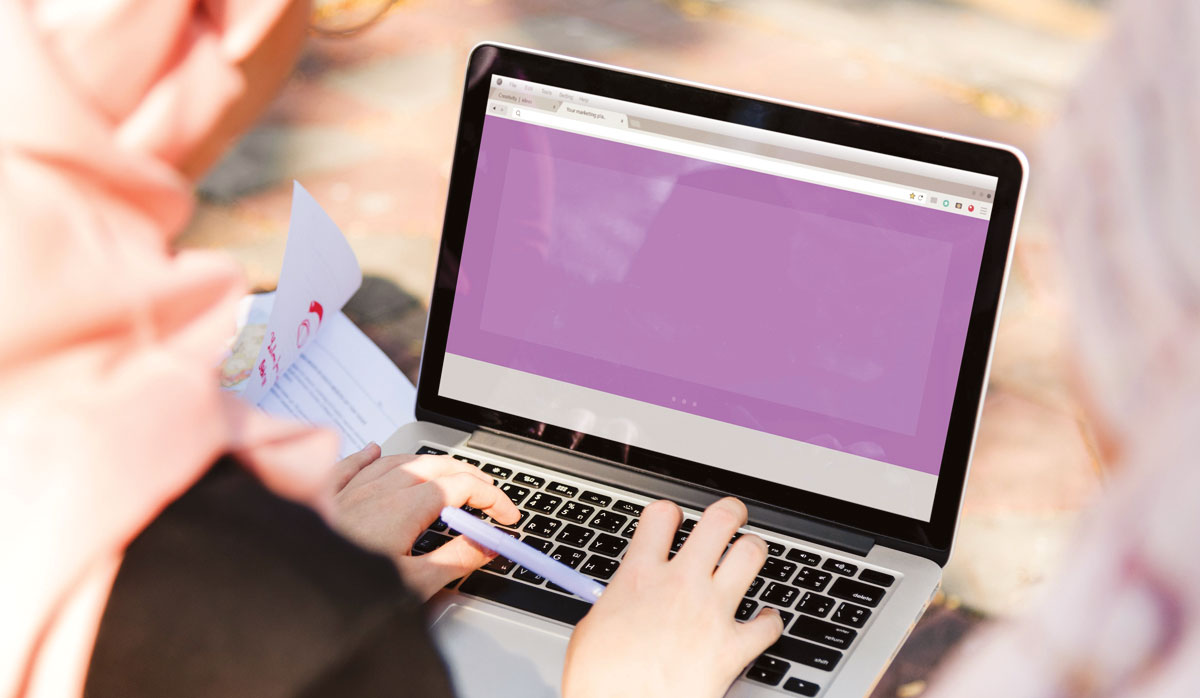
About 54 percent of Pakistanis, most of them concentrated in urban areas, have access to digital media. In lower-income communities, women have far less access to the internet than men.
Wider community spaces
As Hamza Ghaznavi, founder of Propergaanda, one of Pakistan’s largest independent digital media platforms, sees it, the country’s mainstream media have long lacked diversity, and there is now a lot of potential for digital independent media to set new norms and establish themselves.
At the very least, the rise of digital community spaces has allowed people to connect in ways that would not be physically possible and is bringing otherwise separated communities together. Online-focused independent platforms are thus able to connect reporting and audiences beyond the traditionally media-focused centers of Karachi, Lahore, and Islamabad.
Amjad Mehdi of The Students’ Herald, for one, says that the focus of the magazine extends far beyond focusing on education in specific elite institutions or areas. Continues the Bahauddin Zakria University Multan graduate: “We cover students’ protests happening from Shaal in Balochistan to Gilgit, which don’t make headlines in mainstream media. The mainstream media remains busy in petty personality politics of the few mainstream political parties or brings some sensational news for ratings. It doesn’t bother to cover marginalized groups’ issues until and unless there is some big outrage in the society regarding certain issues.”
The Students’ Herald itself is an example of the new media’s ability to create niches and focus on issues that would otherwise be underreported. Indeed, it is the only Pakistani publication so far that focuses on education and highlights the importance of students’ issues across the country.
Propergaanda takes a broader approach, though. Yet while it targets many of the same areas as mainstream media, it does so in a more “democratic” way. Ghaznavi explains that when he started the platform in 2014, he wanted to move away from the surface-level listicles that dominate Pakistani media and instead look deeper into the lives of the masses.
One avid reader of online independent media says that the people-focused narratives of publications such as Propergaanda and Perspective have allowed her to engage with journalism that is relevant to her as a 24-year-old woman. Preferring to remain anonymous, she says, “When it comes to issues around feminist activist movements, it’s very difficult for me as a woman to read most of the mainstream media’s coverage because it is so focused on victim-blaming. I usually read Propergaanda for news coverage because it has much more nuanced takes on the issue and actually focuses on advocating for ways forward.”
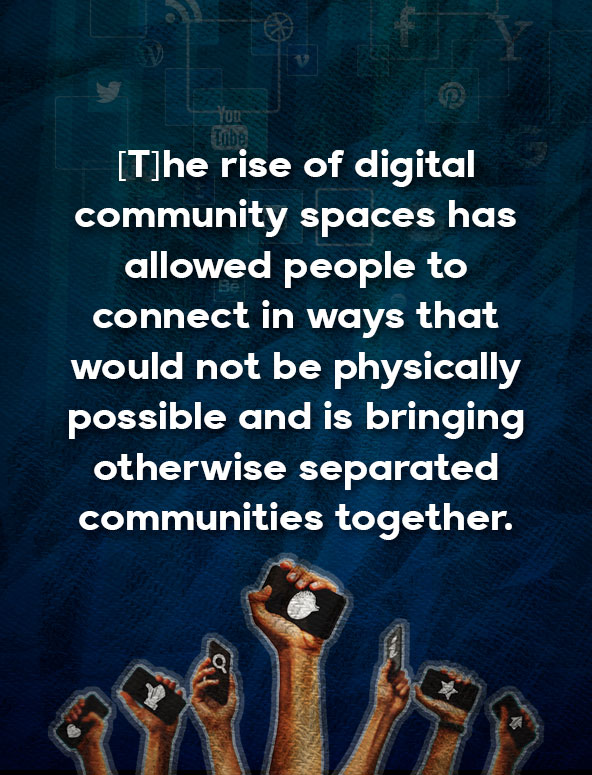
Language and other limitations
One limitation the digital platforms face, however, is the reliance on English as their main language. With English being the first language to almost no one in Pakistan and a second language to only 49 percent of the population, English journalism, however well-intentioned, does not quite reach the masses.
Misha says that at Behenchara, they do what they can to make information more accessible. “We do encourage contributors to submit [or] write in Urdu, if they want to, because we want people to express, write, and speak in any language — that’s readable here, of course — that they desire to,” she says. “We don’t even care much for grammatical errors in English because it’s our colonizers’ language.”
She says that they “do not have a rule that limits anyone.” But she admits that “a lack of an Urdu editor and/or translator maybe keeps people” from submitting stories or reading the magazine. Still, there is some comfort in knowing that these platforms are filling a vacuum, and building a loyal readership and following that can translate later into on-ground activism.
Unfortunately, it’s not just language that can act as a barrier. Pakistan’s digital penetration stands at 54 percent, with 66 percent of that number from urban areas. This figure is further disproportionately divided by gender, with women having far less access to the internet than men, particularly in low-income communities. This means that access to free independent media in Pakistan is a privilege of the few. At present, too, most of these independent publications see the majority of their readership between the ages of 18 and 35.
Digital media outlets also suffer the same financial pressure that has dictated mainstream media and its commitment to certain topics over others. Perspective itself is all volunteer-led and self-funded and growing it is difficult. But then I get to keep it free of any strings and that is a major priority for me. Ghaznavi, however, comments, “Pakistan has a lot of potential in terms of growth of digital media models, but we need to think about how to save journalism, and find more revenue streams for journalists.”
There is a lot of wisdom in that; our own coverage has had its limitations because of financial concerns. We have felt we had to stay away from bigger issues that are heavily politicized, such as land encroachment or political dealings between parties, simply because we don’t have the resources to deal with potential legal backlash or pressure.
But that hasn’t stopped us from being extremely proud of what we have accomplished so far — especially our coverage on discrimination against religious minorities in the country, as their voices and stories rarely get to be shared in the media. And while digital independent media may have a long way to go in Pakistan, they have opened a huge gateway toward what a media industry driven by the people and for the people may look like. ●
Anmol Irfan is a Pakistani journalist, feminist, and founder of Perspective Magazine, an online Pakistani community platform. She hopes to champion gender equality and minority rights through her work.










